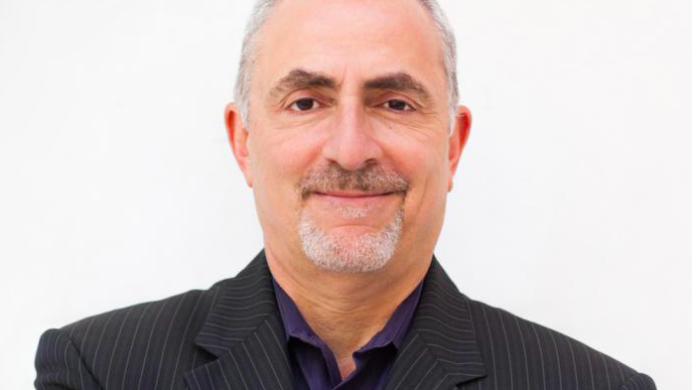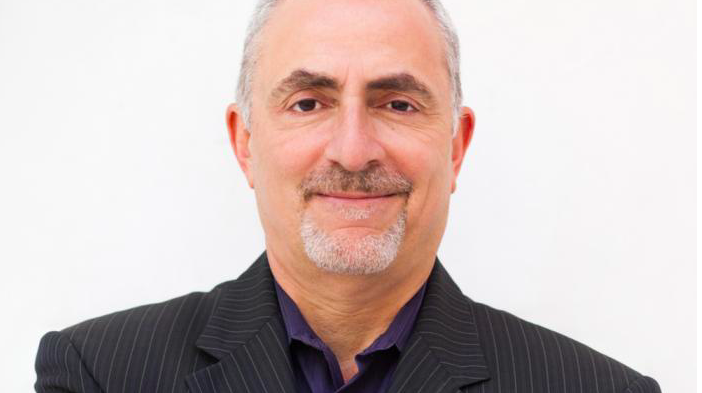
This is the way the announcement about the future of the SF Planning Department arrived:
Mayor London Breed and Planning Director John Rahaim announced today that Director Rahaim will retire from the San Francisco Planning Department. He will continue to serve while a search for his replacement takes place.
John oversaw the Department and City through unprecedented times of recession and growth,” said Mayor Breed. “Under his leadership the Planning Department delivered area plans which allowed for new levels of public benefits and much needed housing in transit rich neighborhoods. John will continue to serve the City through this time of transition as we begin the search for new leadership. We thank John for his service to the City of San Francisco and its residents and for being a true public servant.
When you read between the lines of press releases like these, it usually means that the mayor wants a change.

Rahaim, who was hired by Gavin Newsom, has been on the job for 12 years. He’s 64.
Rahaim, unlike some of his predecessors, was always civil and responsive to me. But it’s important to talk about his real legacy – since the mayor will be hiring someone who can either continue in the same direction or shift the role of the department in one of the worst housing crises in the city’s history.
Rahaim oversaw the biggest building boom since the 1980s. He was there for the Twitter Tax Break, the Eastern Neighborhoods Plan, the Central Soma Plan – and the period when San Francisco became a tech hub with no place for tens of thousands of new high-paid workers to live without displacing existing residents.
Under Rahaim, the Planning Department accepted entirely and without question that idea that growth is always good. Every “area plan” was based on building more office space – in most cases, without enough housing to accommodate the new workers. Every plan started with the idea that a fraction of the affordable housing the city needs was perfectly acceptable.
The Planning Director doesn’t set policy — that comes from the commission, and ultimately from the mayor. But the person who runs the department has a lot of influence.
Calvin Welch, who has watched city planners since the 1960s, summed up the Rahaim era this way:
Both HOMESF and the series of revisions on the Section 7 of the planning code on neighborhood business are aimed at deregulation which in essence is removing requirements for public notification and comment on an ever widening numbers of issues.
The transformation of planning from a “fact” based activity to one of being, basically, the unfolding of neo-liberal ideology. The housing dashboard required an ordinance. We saw the continued failure to follow up on the actual use (and price) of housing approved in the name of meeting the “housing crisis” and the continued failure to co-ordinate with DBI on residential demolitions as well as the failure, indeed refusal to look at commercial development as a contributing factor in high housing costs.
Rahaim never said much about the way Peninsula cities were building huge tech office developments and outsourcing their housing problems to SF. I asked him once whether he would consider going to the Mountainview, Palo Alto, or Cupertino City Council meetings to oppose their office projects on the grounds that SF can’t handle the new residents. His response: That’s an interesting idea.
The City Planning Department is now saying that it can’t even consider the impacts of Uber and Lyft and Postmates and other delivery services on traffic in key areas – because those companies won’t give us the data.
How hard would it be to send a planner to sit in front of a few new luxury housing buildings in the afternoon and early evening and count the number of cars that show up to drop off people or food or packages?
But we don’t do that in SF Planning.
The profound transformation of this city under the tech boom, promoted by Newsom, Ed Lee, and Breed, had its roots in the Planning Department. Does Breed want to do something different?


